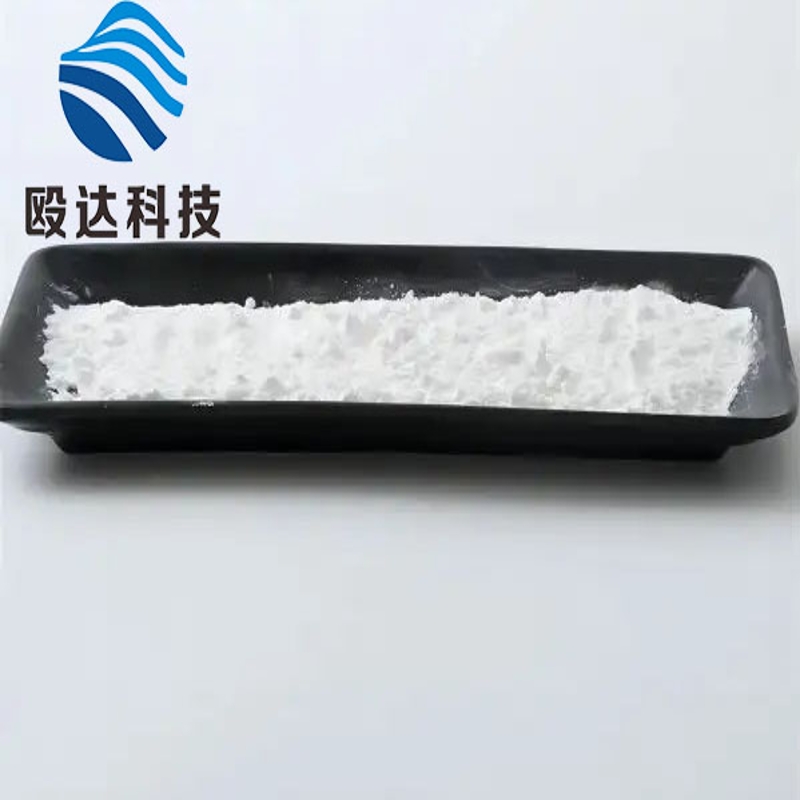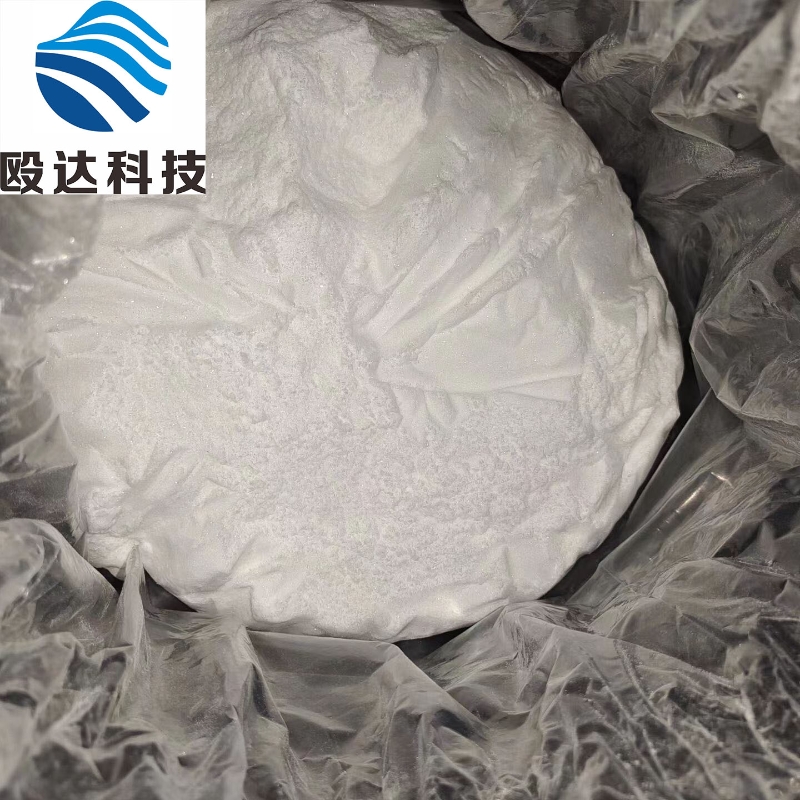-
Categories
-
Pharmaceutical Intermediates
-
Active Pharmaceutical Ingredients
-
Food Additives
- Industrial Coatings
- Agrochemicals
- Dyes and Pigments
- Surfactant
- Flavors and Fragrances
- Chemical Reagents
- Catalyst and Auxiliary
- Natural Products
- Inorganic Chemistry
-
Organic Chemistry
-
Biochemical Engineering
- Analytical Chemistry
- Cosmetic Ingredient
-
Pharmaceutical Intermediates
Promotion
ECHEMI Mall
Wholesale
Weekly Price
Exhibition
News
-
Trade Service
July 24, 2020 // A team of researchers including Fudan University, Shandong University, the University of California, San Diego, Yuyuan Gene and others has developed a non-invasive blood test that can detect whether a person has five common cancers (gastric, esophagus, colorectal, lung and liver cancer) and can detect cancer four years earlier than current cancer diagnostic methods.
research published on July 21 in Nature Communications, entitled "Non-early research of the cancer four years before the case sr. using a blood test".
the ctDNA methylation multicancer screening technique, known as PanSeer, detects 91% of cancer samples in individuals who were asymptomatic when they collected samples and who were diagnosed with cancer only one to four years later.
in addition, the test accurately detected 88 percent of cancers in 113 patients who had been diagnosed at the time of the sample collection.
the test also identified 95 percent of asymptomatic cancer samples.
the technology was originally developed by The YuanYuan Gene.
photo source: The Nature Communications study is unique in that researchers obtained blood samples from asymptomatic patients who have not yet been diagnosed.
this allowed the team to develop a detection method for detecting cancer markers earlier than traditional diagnostic methods.
samples are part of a 10-year longitudinal study conducted by Fudan University in 2007.
researchers' ultimate goal is to conduct routine blood tests during annual health checks.
but the focus is on detecting high-risk people based on family history, age, or other known risk factors.
early diagnosis of cancer is important because cancer is detected early and the patient's survival rate increases significantly because the tumor can be surgically removed or treated with appropriate medication.
, however, only limited early screening trials can screen for some types of cancer.
researchers stress that the PanSeer trial is unlikely to predict which patients will develop cancer.
, instead, it is most likely to identify patients who have developed cancerous growth but are still untested by the current test.
the team concluded that further large-scale longitudinal studies are needed to confirm the potential of the test to detect cancer early in a pre-diagnosed individual.
blood samples from the Taizhou Longitudinal Study, which collected plasma samples from more than 120,000 people from 2007 to 2017, are part of a longitudinal study in Taizhou.
each person provided blood samples for 10 years and underwent regular check-ups by doctors.
to date, more than 1.6 million specimens have been collected and archived.
once a person is diagnosed with cancer, researchers can obtain blood samples taken one to four years before the patients begin to develop symptoms.
team of researchers tested samples of healthy and sick individuals in the same queue.
the authors analyzed plasma samples from 605 asymptomatic patients, 191 of whom were later diagnosed with cancer (gastric, esophageal, colorectal, lung or liver cancer).
they also analyzed plasma samples from 223 other confirmed cancer patients, as well as 200 samples of primary tumors and normal tissue.
results showed that PanSeer detected a 96 percent (95 percent confidence interval: 93-98%) of five types of cancer in blood samples in 88% (95% confidence interval: 80-93%), and researchers also demonstrated that PanSeer could detect 95% (95% confidence interval: 89-98%) of later diagnosed asymptomatic patients.
Photo Source: Nature Communications This study shows that highly sensitive detection techniques can lead to early cancer screening by diagnosing tumor markers earlier.
using taizhou queues, nearly 2 million human specimens in a queue involving 200,000 natural people, the team demonstrated that DNA-based methylation sequencing can detect cancer earlier and more accurately than conventional diagnostic methods.
-based DNA methylation for more than a decade, researchers have been developing a cancer detection method based on DNA methylation analysis.
the method to screen for a specific DNA feature called CpG methylation, in which methyl groups are added to multiple adjacent CG sequences in a DNA molecule.
every tissue in the body can be identified by its unique methylation characteristics.
researchers conducted an early proof-of-concept study, published in the journal Nature Genetics in 2017.
() References: Chen, X., Gole, J., Gore, A. et al. Non-e-early detection of cancer four years old eras before syss using a blood test. Nature Communications (2020).
DOI: 10.1038/s41467-020-17316-zNon-son-perv-test test cancer four years before the diagnosis s.







